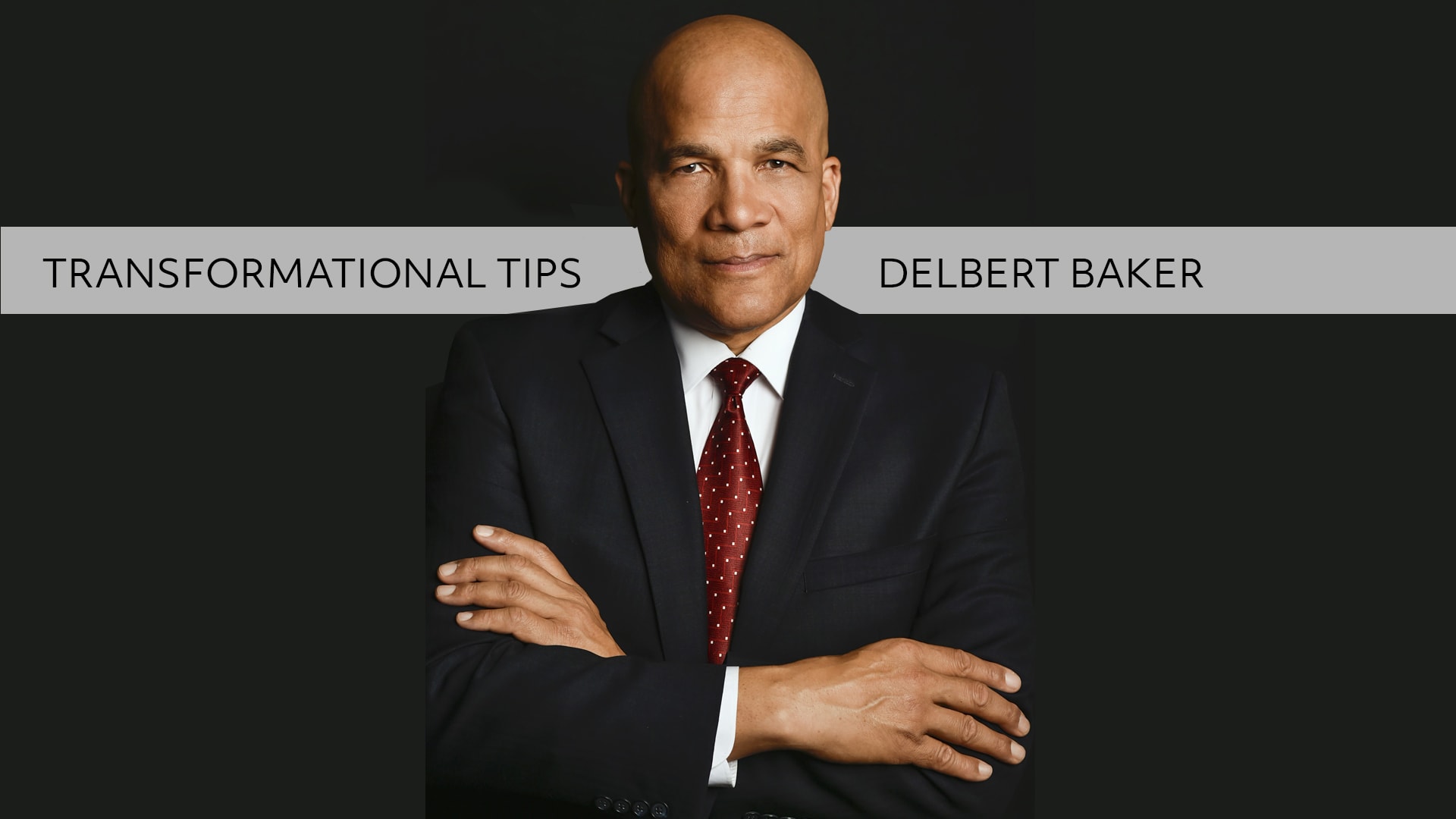
Increasingly, people everywhere are confronted with bad situations. They may be public or personal calamities, health care complications, widespread violence and division, global atrocities, conflict threats, or even family drama. Problems proliferate. Fortunately, the Bible is full of counsel and strategies about how one might successfully respond to such challenging circumstances.
Tucked away in 1 Samuel 30, David, the man after God’s own heart (1 Sam. 13:14; Acts 13:22), implicitly models a strategy for how Christians can effectively manage bad situations. This Bible reveals universal principles by which we can effectively face manage calamities, devastation, trials, and tests by utilizing God’s Word, power, and providence.
David is distressed by King Saul continuously hunting him down to kill him. He becomes fearful, compromises, and resorts to protection from the Philistines. In fact, David almost fought against his own people, the Israelites. Providentially, the Philistines don’t allow Him to take part in the battle. Instead, they send him home to Ziglag, a town the Philistines gave to him earlier. After a three-day march with his 600 fighting men, David arrives at a decimated, burned-down Ziglag. It is completely destroyed, with all the inhabitants, livestock and possessions gone.
The Jobian-like situation is bad, really bad! David is in a dark, stark place. What he does next is spiritually brilliant. He provides us practical principles that are simple and effective.
Assess the Situation (1 Sam. 30:1-6). David notes sadly that though he sees “nobody,” encouragingly he also sees “no bodies.” There’s hope. Nonetheless, his men, overwhelmed with grief, turn on him for leaving the city and their vulnerable loved ones unguarded. They talk of stoning David. Remarkably, he digs deep and “strengthens himself in the Lord.” He repentantly recognizes that he has done wrong, confesses his transgressions, and gets right with God. Then he moves forward.
Ask for Help (verses 7-8). Fervently, immediately, and humbly, David prays and asks for divine direction. With assurance, David asks his 600 men for their help and support. They consent to the plan to move forward and regain what was theirs.
Act with Decisiveness (verses 9-10). David doesn’t hesitate or entertain doubt, but immediately and cooperatively acts on the light God has given him. Coupling his human military insight with divine intelligence, David is decisive. Remarkably, there is no more weeping and military backtalk. David and his men act with determination.
Advance with Kindness. David advances but does so with unexpected kindness (verses 11-16). During this calamitous journey for restitution, David helps a destitute Egyptian he finds in the desert. By extending unexpected kindness, David unknowingly facilitated a solution to the challenge before him. By helping others, he created the very avenue by which needed blessings came to him (Luke 6:38; Gal. 6:7).
Ziglag has a good ending (verses 16-20). David finds the marauding Amalekites and successfully battles with and overcomes them. He recovers his wives, families, inhabitants, the spoils of Ziglag, and much more. Admittedly, all bad situations don’t have a happy ending. But we should still approach them biblically, knowing that those who cooperate with God can anticipate a good ending, either in this life or the life to come.
Again, bad things may happen. But by God’s grace, with a biblical strategy, we can be prepared to effectively meet them.
Delbert W. Baker, Ph.D., resides in Laurel, Maryland. He is director of research and development for the Regional Conference Retirement Plan/Office of Regional Conference Ministries.